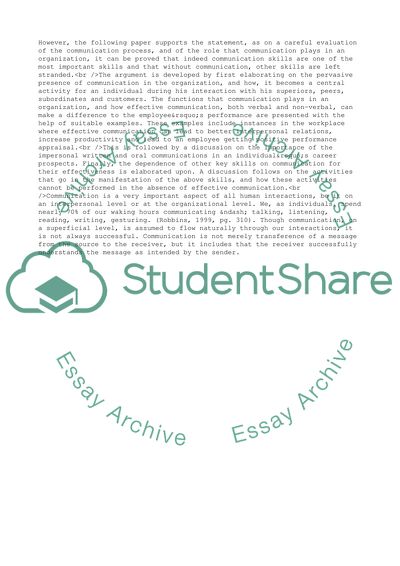Cite this document
(Managing Communication in Business Essay Example | Topics and Well Written Essays - 2250 words, n.d.)
Managing Communication in Business Essay Example | Topics and Well Written Essays - 2250 words. https://studentshare.org/management/1703918-managing-communication-in-business
Managing Communication in Business Essay Example | Topics and Well Written Essays - 2250 words. https://studentshare.org/management/1703918-managing-communication-in-business
(Managing Communication in Business Essay Example | Topics and Well Written Essays - 2250 Words)
Managing Communication in Business Essay Example | Topics and Well Written Essays - 2250 Words. https://studentshare.org/management/1703918-managing-communication-in-business.
Managing Communication in Business Essay Example | Topics and Well Written Essays - 2250 Words. https://studentshare.org/management/1703918-managing-communication-in-business.
“Managing Communication in Business Essay Example | Topics and Well Written Essays - 2250 Words”. https://studentshare.org/management/1703918-managing-communication-in-business.


